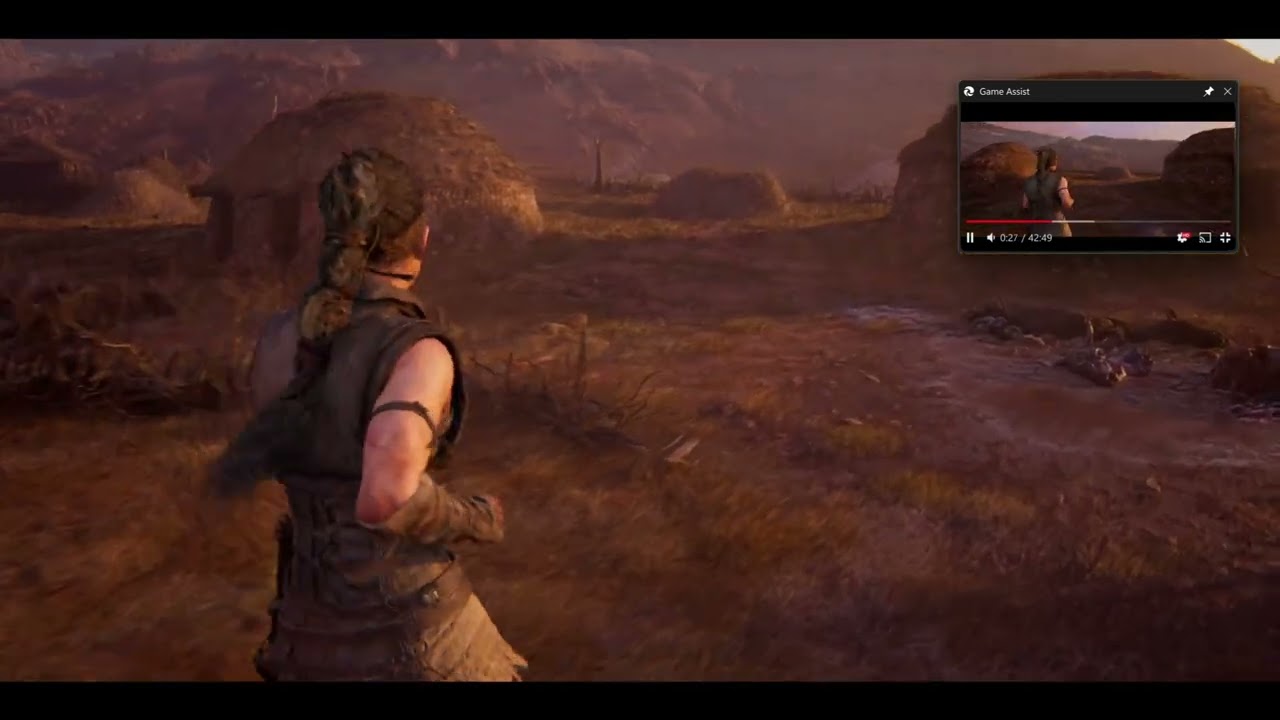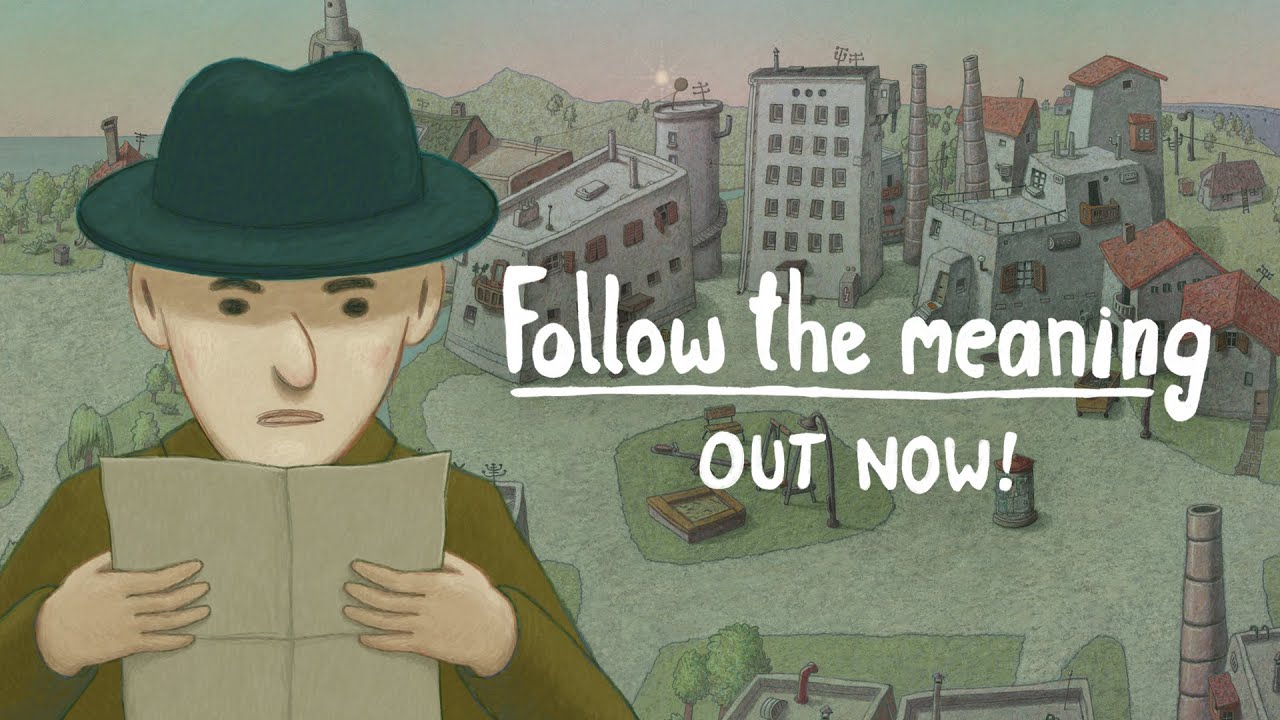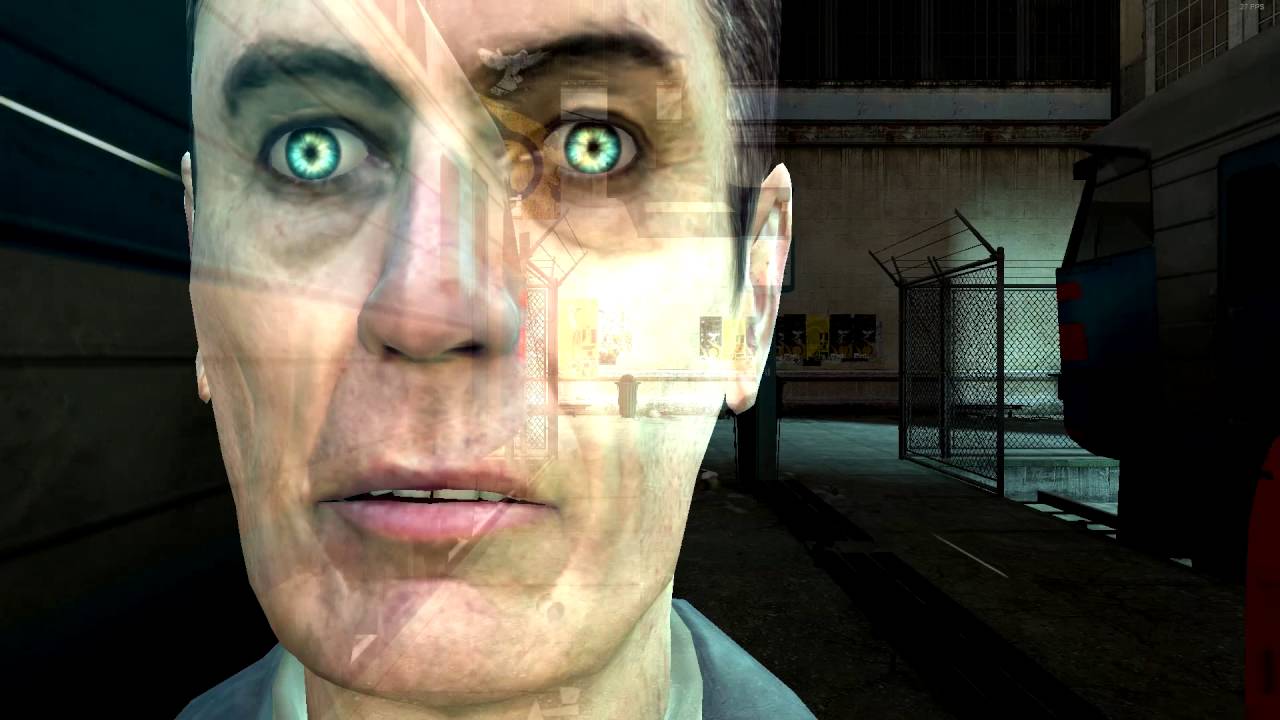Womp womp. Two years on, Netflix announced the closure of Team Blue without it having shipped anything of note, and the three big name hires mentioned above have all departed. But Mike Verdu remains, and has now become the VP for GenAI for Games at Netflix. And he wants you to know one thing: This all happened exactly as planned, OK, and generative AI is in fact a “once in a generation inflection point,” which is also how I feel these days when I get out of bed too quickly.
In a post on (where else) LinkedIn, Verdu says a whole lot without saying anything at all. In fact I wonder whether the wonders of generative AI may be behind the post, which is laden with out-of-context buzzwords and bereft of meaning.
“This transformational technology will accelerate the velocity of development and unlock truly novel game experiences that will surprise, delight, and inspire players,” says Verdu, or possibly his chatbot. “I am focused on a creator-first vision for AI, one that puts creative talent at the center, with AI being a catalyst and an accelerant.”
The great god AI will apparently “enable big game teams to move much faster,” so it’s a bit of a pity Netflix just shuttered its only big game team. Verdu says Netflix Games built “a robust internal game studio” (does he know?), is now a “world class publishing organization” (citation needed), and has “increased game engagement by multiples.” Multiples of what, exactly: Nothing?
Trailing clouds of glory, Verdu is “ready for the next big challenge after the raw primordial act of creation” and, what do you know, “GenAI is that next challenge.” Verdu hearkens back to the simpler times of the 1990s, “when we saw a new game launch every few months that redefined what was possible,” which as someone who played games in the 1990s I can tell you is a slight exaggeration. “We’re back to those days of seemingly unlimited potential and the rapid pace of innovation.”
Are we? Verdu tuts at the naysayers: “Many view this technology with fear, but I am a game-maker at heart and I see its potential to unlock all of us, to create mind-blowing new experiences for players, to lift us to new heights.”
When people stop talking about what GenAI is going to create game-wise, and actually show off something it’s created that is great, maybe I’ll pay a little more attention. As it is the AI space remains one of overblown promises, questionable use cases, and sub-par output.
But Verdu is “thrilled” regardless. As for the closure of Team Blue and the departures and Netflix looking like it’s a bit clueless about everything, pshaw! “Pay no mind to the uninformed speculation in the media about the changes in Netflix Games,” declares Verdu. “What you’ve seen over the last several months was actually a planned transition.”
Well that settles that then. Verdu is hardly alone in being a starry-eyed suit, it should be said, with nearly every major publisher investing heavily in AI of various kinds, though few are willing to get into how it will impact jobs in the industry beyond the dread word “efficiency.” Some of those likely to be affected are at least getting organised around the issue, with the SAG-AFTRA voice actors’ union is currently three months into a strike, hoping to secure better AI protections for performers in the industry.
But there is no putting this particular GenAI back in the bottle. Verdu’s grand visions of the future are nothing you haven’t heard before, because there’s now an entire industry of people just dedicated to extolling AI’s potential and trousering as much of that lovely venture capital loot as they can.
Perhaps the funniest thing about Verdu’s post is it ends with a terribly generic image of a sci-fi city, which the credits show was generated by Microsoft’s AI tools. It’s weirdly bland, foregrounding a bucolic landscape contoured in ways that make no sense, dotted with farmsteads that jar with the gleaming metropolis in the distance, and riven-through with roads to nowhere. Who’d’ve thought?



